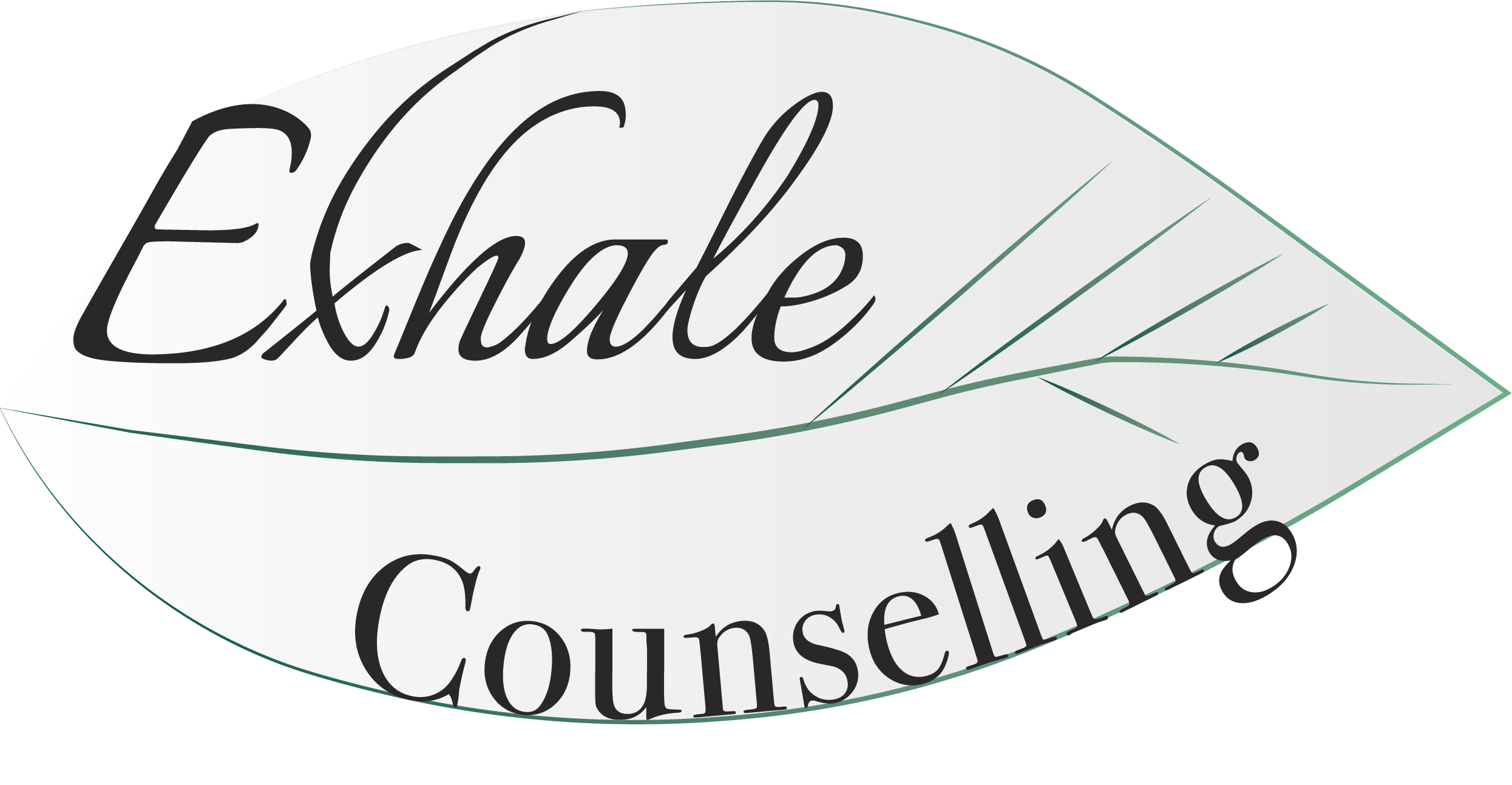Intention, Purpose, Affirmations And Expectations
Intention
I find it helpful to start my day with an intention; for example, in my work, my intention is to be of service without taking on other people’s suffering.
Intention is our internal compass; we decide on the path, and the intention helps to remind us if we are still on it or if we strayed away. Thus, if at the end of my day at work I feel relatively unburdened and not overly tired, I know I stayed close to my intention; if I am exhausted and feeling heavy inside, it is time to bring myself back to my intention by releasing whatever I picked on in my work (I will elaborate on the concept of “release” in a future blog).
When I choose a new intention, I say it loudly to start with until I know it has become internalized. I may even write it for myself in bold letters and keep it close so I can see it and repeat it aloud or as a whisper. I ask myself whether I am of service to this human and whether I am free of this human’s suffering or did I take it on? This way, I can be aware and hold myself accountable in gentle ways and benefit from the teachings of the intention. For example, if I come home and a client’s story and pain do not allow me to sleep well, I know I need to find a way to let them out so they don’t harm me. Then I repeat the intention again and again or change the words to make it more powerful. For example, I may say to myself that my intention is to restore myself after a hard day at work. Then I can ask myself how to go about it and turn the intention into action if needed.
I can ask myself whether there is anything I can do to be closer to my intention. In this case, I may start writing about the burden I carry at the moment or decide to call a colleague to consult with or meditate and dedicate my practice to the struggling client and myself.
Purpose
“Our purpose is that which we most compassionately are when we pay attention to our deepest selves.” (Carol Hegedus)
Purpose is about what it means to be us, we in relationship to our loved ones, to people we may or may not know, to mother earth and beyond, and what we are here for. Our life purpose may be to find and/or to provide healing, or maybe to stop the legacy of the suffering of many generations before us and not pass it on to the next, or to find who can help us with the above.
Purpose can be more external than intention; it can be about making changes that our predecessors did not, or could not, make; it can be about reconnecting with our childhood dreams and bringing them alive with our acquired wisdom and life experiences; or it can be about finding out more who we are and what we are made of, thus expanding our consciousness. This goes beyond the roles we are assigned or take on throughout our lives – the roles of mother/father, sister/brother, daughter/son, uncle/aunt etc.
We can ask ourselves who we truly are, why are we here at this time and in this space. Who are we meant to be or to become and how far or how close are we from our purpose. We can ask ourselves if we are “on purpose” or if we are lost momentarily. What do we need to do to find our path. When I answer these questions for myself, I discover that I am a human being with many strengths and limitations. I am on the path of spiritual awakening and growth. I was called to assist other humans, themselves with many strengths and limitations, get closer to their path. When I momentarily lose my path, I rely on my daily practices of yoga and meditation to help me back on it. I congregate with other like-minded humans to support each other with our respective struggles and straying from the path.
Some people are aware of their purpose from childhood, some take many years to find out and need help with that. The journey of finding out is an important one and can have many teaching moments in it.
To go back to the example of feeling burdened at work, the purpose here for me is to be as carefree and joyful and be a “pleasant piece of life.” (Sadhguru).
Expectations
Expectations are all about the external; it starts with our caregivers/teachers/meaningful others expecting things of us – developmentally, mentally, emotionally and physically. Over time, we absorb these externals and make them our own. If the expectations put upon us were unreasonably harsh or inconsistent or confusing, we may turn them onto ourselves and become unreasonable, harsh, confused and inconsistent. Over time, the more of these internal and external expectations are repeated, the more likely we are to develop worthlessness, a sense of failure and even self-loathing. Many times we are more of the above with ourselves than towards others and lose compassion and patience with ourselves and, eventually, with others as well. If the expectations are commensurate with our abilities and are expressed lovingly, we can internalize a compassionate perception of how we are doing according to our measures. The love extended towards us continues inside as well (and the other way around).
Part of our purpose may be to transform the unwanted/unneeded and the unhelpful or even damaging expectations into holding ourselves accountable in compassionate and softer ways. Our intentions here can guide us on our path of transformation.
Here is an example of a harsh internal expectation – telling myself that I am not good enough; that it is all my fault. My intention is to extend love towards myself or forgive myself. My purpose is to transform the unloving messages I am giving myself into loving, compassionate messages so that I can be a better version of my predecessors. The intentions and the purpose line up in this example.
On the other hand, if my purpose is to be joyful and I come home exhausted and burdened every night, I am moving further away from my purpose and I am out of alignment with myself. This would be a good opportunity to check up on my expectations of myself and lean heavily on my intentions rather than the possible harsh or unrealistic expectations I may have. Rather that telling myself that I have to be available at all times or that I am unable to do what others can, I will set my intention to be of service, without taking on my clients’ suffering. This will help me re-align with my purpose of joyfulness.
Affirmations
Affirmations are statements we can create for ourselves to help us daily with our purpose and to soften harsh expectations.
To use the above example, if my intention is to extend love towards myself, I will say to myself (preferably while looking at myself in the mirror) that I am loved, that I am lovable, that I am good enough, that I am held and protected. Each affirmation has a sound and energy vibration that resonates within us. If we say to ourselves that we are not “good enough”, such thought creates a very different vibration than saying that we are loved or lovable. When we are programmed over many years to strengthen self-loathing messages, we unknowingly (and later on, knowingly) create a very strong network of shame, anger, disgust, embarrassment and self-disappointment which, in turn, gets reinforced as we carry these vibrations into the world and operate upon them.
The same applies in the reverse process; as we repeat, initially without much faith and hope, that we are the opposite of unloved, worthless etc., the vibrations start changing the old network or pattern and new possibilities emerge. It becomes easier to look at ourselves and say the affirmations sincerely and with conviction. If we stray back to the familiar and possibly “old story”, our intentions help remind us that we can get back to the affirmations we created for ourselves. Over time, it gets easier and more natural and we struggle less and less internally. Our walking step may get lighter, we may hold ourselves a bit taller, the tension in our body may soften and an internal smile, for no reason at all, may appear. We may be more connected with life and with ourselves. It may become simpler and more natural to be at peace and joyful.
In a future blog, I will address the connection between the unloving and sometimes harmful narratives we hold inside and the ways they may start to affect different energy centres in the body and their related organs. And, as we get to know ourselves better, how we can learn to reverse and transform the harms and create more wellness and wholesomeness inside us.
With blessings for health and well-being,
Lydia


